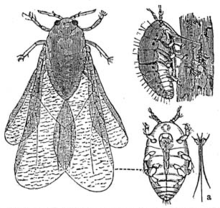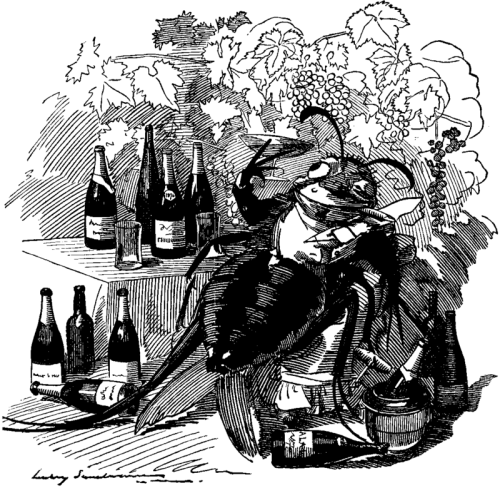peashooter85:How Texas saved the French Wine Industry,In 1863 vineyards across France began to whith
peashooter85:How Texas saved the French Wine Industry,In 1863 vineyards across France began to whither and die. After a few years, vineyards across the country were suffering from a massive and destructive blight that threatened the French wine industry. During the Great French Wine Blight between 1863 and 1875, 40% of France’s vineyards were destroyed, causing over 10 billion francs worth of economic damage. The culprit of the blight was found to be a type of aphid called Daktulosphaira vitifoliae, commonly known as grape phylloxera. French wine growers tried to kill the mites by introducing chickens and other animals to feed on the mites, a tactic which didn’t work. Many vineyards resorted to chemical pesticides, which also didn’t work against the tough little critters. The French Government offered a 320,000 franc prize to anyone who found a cure to the destructive blight.Two French viticulturists named Leo Laliman and Gaston Bazille came up with a solution, to graft French grape vines with vine breeds which were resistant and immune to grape phylloxera. Laliman turned to a Texas viticulturist named Thomas Volney Munson, who was an expert in vine grafting and hybridization. Munson was able to successfully graft French grape wines with a wild and very rugged breed of vines native to Ingleside, Texas. The new hybrids proved effective against the blight, and thus became the salvation of the French wine industry. So remember the next time you sip a glass of fine French wine, know that there’s a little bit of Texas in it. While a solution was found, it was not generally accepted by all winegrowers. Two opposing camps were formed; the “Americanists” or “Wood Merchants” who accepted the new hybrids, and the “Chemists”, who continued to use pesticides. For the most part the chemists failed, and it was vineyards that used the new hybridization technique which survived the blight. Laliman tried to claim the 320,000 franc prize for proposing the new hybridization method. The French Government refused, citing that he hadn’t really cured the blight, but merely prevented it. For his efforts, T.V. Munson was awarded the French Legion of Honor and Order of Agricultural Merit. Cognac, France also became sister city with Munson’s hometown of Denison, Texas. -- source link
Tumblr Blog : peashooter85.tumblr.com


